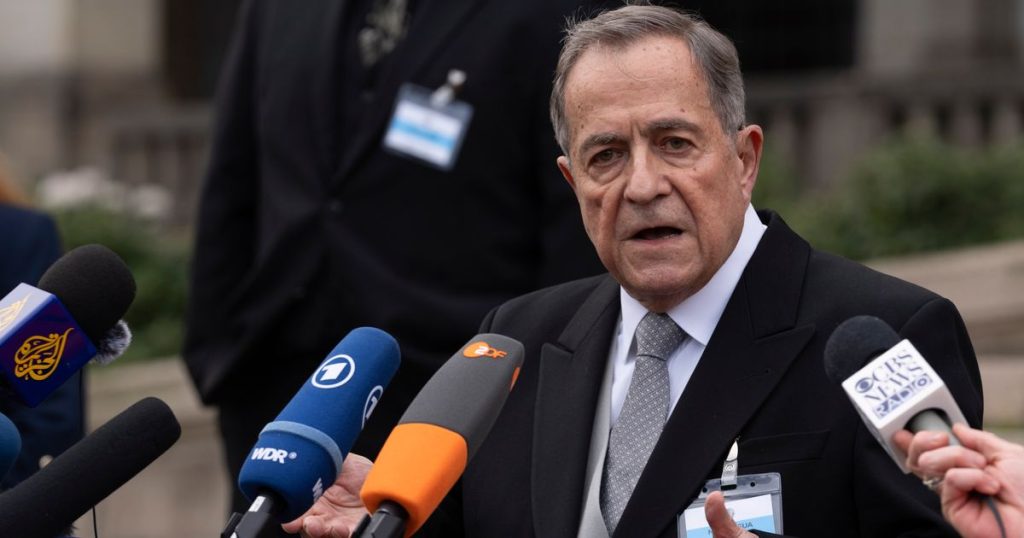The International Court of Justice rejected Nicaragua’s request to order Germany to stop exporting military weapons to Israel and to resume funding for the U.N. aid agency in Gaza. The court ruled that legal conditions were not met for such an order, effectively siding with Germany, which argued that it was barely exporting any arms to Israel. Despite this ruling, the court will continue to hear arguments from both sides on the merits of Nicaragua’s case, which accuses Germany of failing to prevent genocide in Gaza.
The court expressed deep concern about the living conditions of Palestinians in the Gaza Strip and reminded states of their international obligations regarding the transfer of arms to parties in armed conflicts. Germany welcomed the ruling and reaffirmed its commitment to working towards a two-state solution in the Middle East. The court noted that Germany had only granted a few export licenses to Israel for weapons of war since the conflict began, emphasizing that Germany is the largest donor of humanitarian aid to Palestinians in Gaza.
Nicaragua, a staunch ally of the Palestinians, maintains that Germany is enabling genocide by supporting Israel with arms and other aid. Israel strongly denies these allegations and insists that its actions in Gaza are in self-defense against Hamas-led militants. The court also rejected Nicaragua’s request for Germany to reinstate direct funding to the U.N. aid agency in Gaza. The legal battle between Nicaragua and Germany is part of a larger trend of countries with historic ties to the Palestinians seeking to stop Israel’s offensive.
Israel’s offensive in Gaza has resulted in thousands of Palestinian casualties, with the Health Ministry reporting around 34,000 deaths since the conflict began. Israel attributes the high civilian death toll to Hamas militants fighting in densely populated areas. Germany, a longtime supporter of Israel, has shifted its stance to be more critical of the situation in Gaza, speaking out against civilian casualties and a ground offensive in Rafah. The International Court of Justice previously ordered Israel to prevent acts of genocide in Gaza and take measures to improve the humanitarian situation.
In addition to the legal battle at the International Court of Justice, Israel is facing a separate investigation by the International Criminal Court into possible war crimes committed by Israeli and Palestinian militants. The investigation covers events dating back to the 2014 Israel-Hamas war, as well as the construction of settlements in occupied territories. Israeli officials are concerned about possible arrest warrants being issued in this case. The legal challenges and international scrutiny highlight the ongoing conflict in the region and the complex legal and humanitarian issues at stake.


